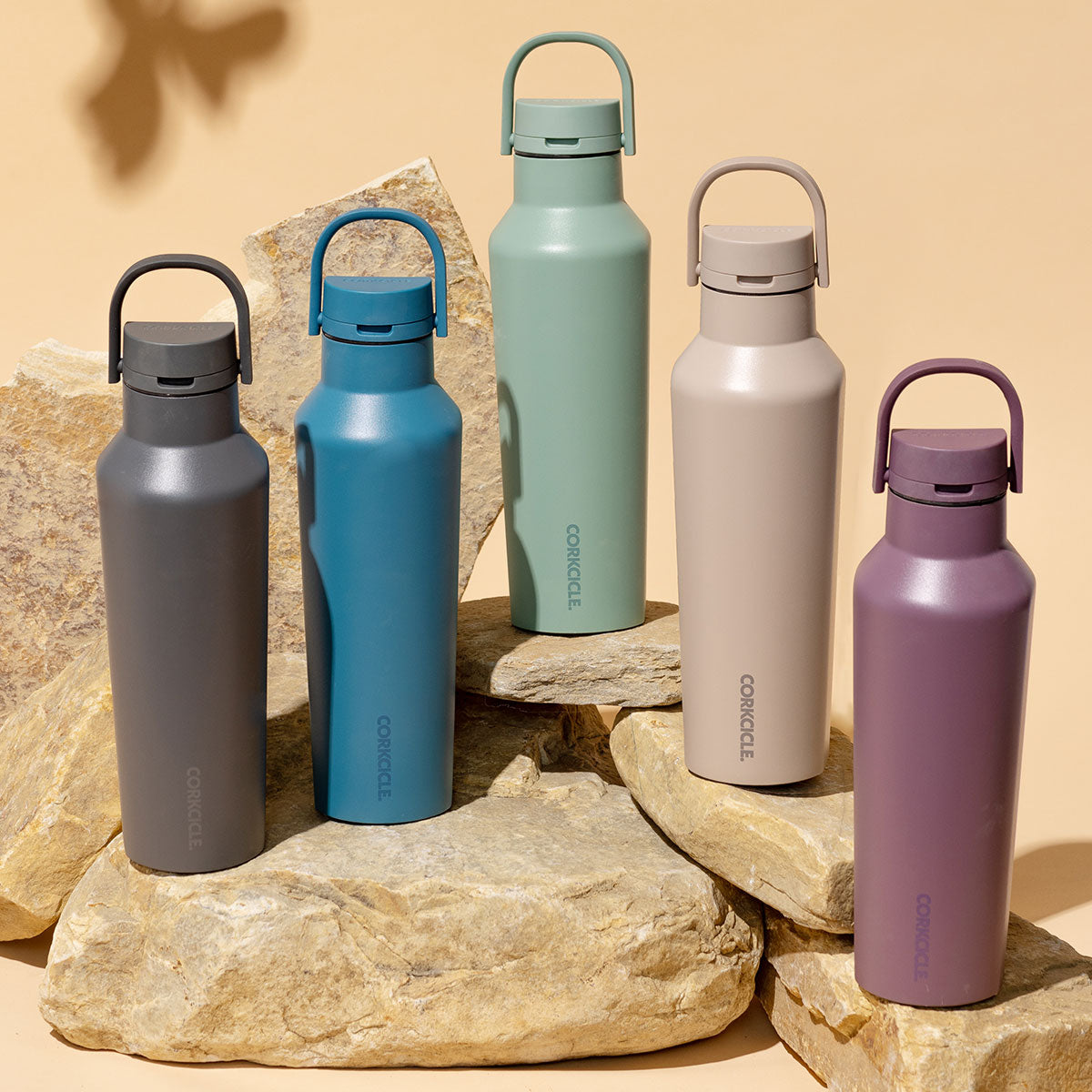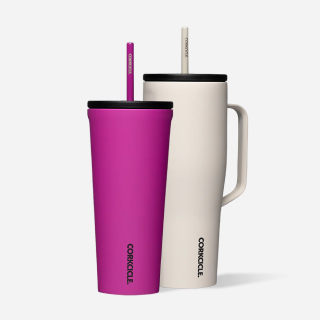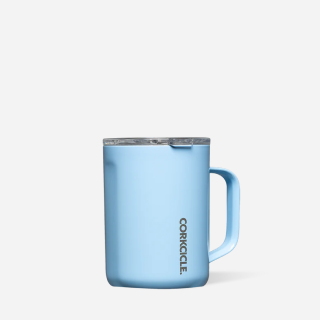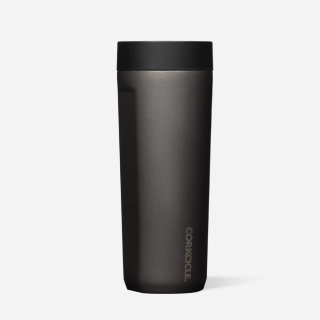Learning how to store whiskey correctly is akin to curating a fine art collection; it requires attention to detail and an understanding of the environment's impact. Fluctuations in temperature and light can turn a once vibrant whiskey dull and lifeless, robbing it of its unique character. Moreover, whiskey's aging process halts once it's bottled, but its delicate balance of flavors can still deteriorate if not cared for properly. By investing in proper storage, you're honoring the alcohol distiller's craft and ensuring that each dram is a testament to the whiskey's heritage.
Understanding Whiskey’s Shelf Life
Whiskey's shelf life is a testament to its robust nature, yet it's not immune to the ravages of time and neglect. While it doesn't expire, its character can wane under suboptimal conditions. Think of your whiskey like a living relic; it needs a controlled environment to maintain its essence. The key is to understand that while whiskey won't spoil like food, it can lose its complexity and depth long before hitting the whiskey glass, turning a once vibrant spirit into a shadow of its former self.
Before Opening: Best Practices for Storing Whiskey
The sanctuary you create for your whiskey before opening can set the stage for its preservation. Ideal storage goes beyond just a cool, dark place; it's about consistency and control. Avoid places with high traffic or temperature swings, like atop the refrigerator or near a dishwasher. Remember, your whiskey's aging process has ceased once bottled, but its flavor profile is still at the mercy of its environment.
After Opening: Keeping Your Whiskey at Its Best
The key to storing whiskey after opening is remembering that once the seal is broken, whiskey begins to dance with the air around it. This dance, while necessary for enjoying the whiskey, can lead to faster degradation of its flavors if not managed properly. A good rule of thumb is to consume your opened whiskey within six months to a year for optimal taste. And if you're planning to finish it after that time, consider transferring it to a smaller bottle to limit air exposure.
Whiskey Bottle Storage: Position and Environment
Your whiskey's position in storage isn't just about tradition; it's about science. Storing bottles vertically ensures that the whiskey doesn't compromise the integrity of the cork, which can lead to evaporation and contamination. Moreover, the environment should be free of vibrations, which can disturb the sediments in whiskey, potentially altering its flavor profile over time.
Advanced Tips for Whiskey Aficionados
For the connoisseur, whiskey storage is an art form. Controlling every variable ensures that each whiskey bottle is allowed to rest in its ideal state. Consider investing in a dedicated whiskey collection cabinet or cooler to maintain a constant environment. And for those rare collectible bottles, some enthusiasts go as far as to store them in a professional-grade wine cellar, alongside temperature and humidity logs.
Common Mistakes to Avoid in Whiskey Storage
Proper whiskey storage is an essential aspect of enjoying this timeless spirit. However, enthusiasts often fall into traps that can compromise their whiskey's integrity. Here are some common missteps to steer clear of:
Exposing Whiskey to Sunlight
Sunlight can lead to the "whiskey fade," where the spirit's rich color and complex flavors can diminish over time. Store bottles in a dark place to protect them from UV rays.
Improper Sealing
Using decanters might look stylish, but poor seals can increase oxidation, dulling the whiskey's aroma and vibrancy. Ensure your storage containers are airtight, especially if you're decanting.
Storing Near Strong Odors
Remember that dance whiskey does with air? Well, that includes absorbing odors from its surroundings, which can taint the flavor profile you expect. So store your whiskey away from substances with strong smells, such as cleaning agents or fragrant foods.
Believing Aging Myths
Again, the aging process stops once it leaves the barrel. So don't fall for the myth that whiskey gets better with age once bottled—it doesn't.
Neglecting Vertical Storage
Laying whiskey bottles on their side, as one might with wine, can cause the whiskey to degrade the cork, leading to evaporation and contamination. Always store whiskey bottles standing up.
By avoiding these common mistakes, you can ensure that your whiskey remains as the alcohol distiller intended, full of flavor, and ready to be enjoyed at its peak. Remember, it's not just about the whiskey; it's about the experience it brings.
Can Whiskey Be Stored in the Fridge?
There is debate over whether whiskey should be stored in the fridge or cooler. While a chilled whiskey can be refreshing, especially in warmer climates, it's important to consider that even a sealed bottle of whiskey is sensitive to temperature changes, so coming in and out of the fridge throughout consumption can cause the spirit to expand and contract, potentially damaging the seal and altering the flavor.
It’s best to keep your whiskey in a stable environment, away from appliances or extreme heating or cooling sources. For those who prefer a cooler drink, barware that minimizes dilution, such as using a Corkcicle Whiskey Wedge, can offer a chilled method to improve how to drink whiskey without significantly altering its taste profile.
In the end, storing whiskey with care is about respecting the craft and savoring the experience as it was meant to be. By understanding and implementing these storage tips, you can preserve the integrity and flavor of your whiskey, ensuring that each sip is as enjoyable as the last. Whether you're a seasoned whiskey lover with a collection of different types of whiskey glasses and bottles of various flavors or have just recently been exploring the whiskey scene, taking the time to store your whiskey properly will pay dividends in taste and enjoyment. So, share these tips, spread the knowledge, and let's all contribute to a world where every sip of whiskey is savored at its absolute best.







